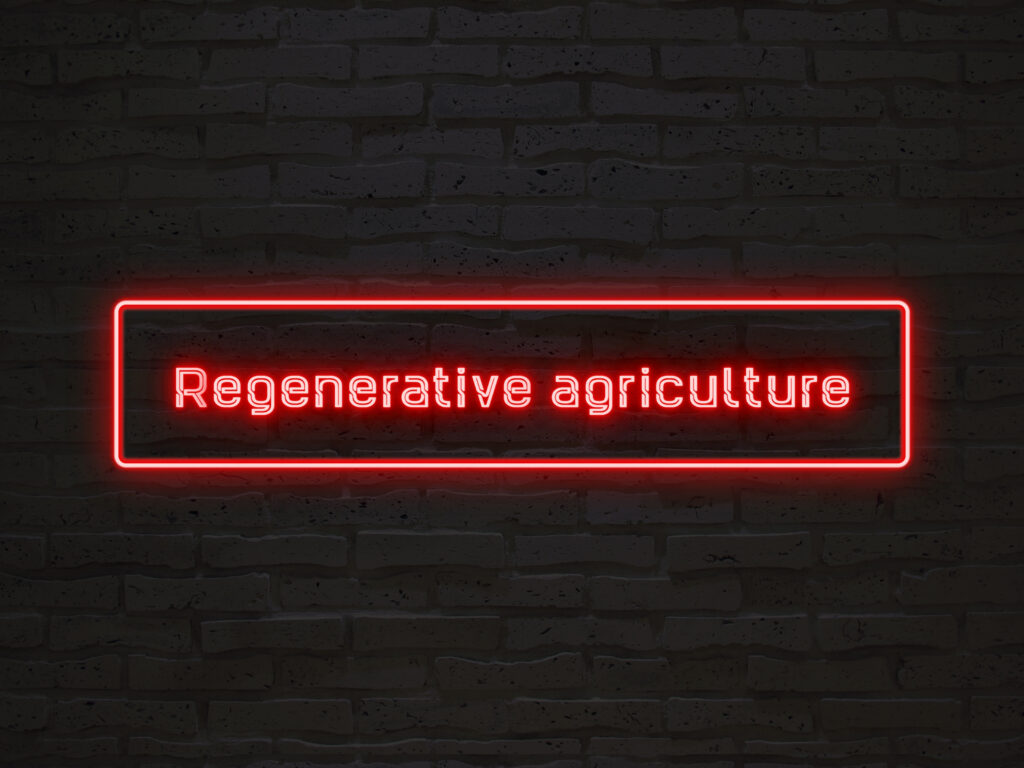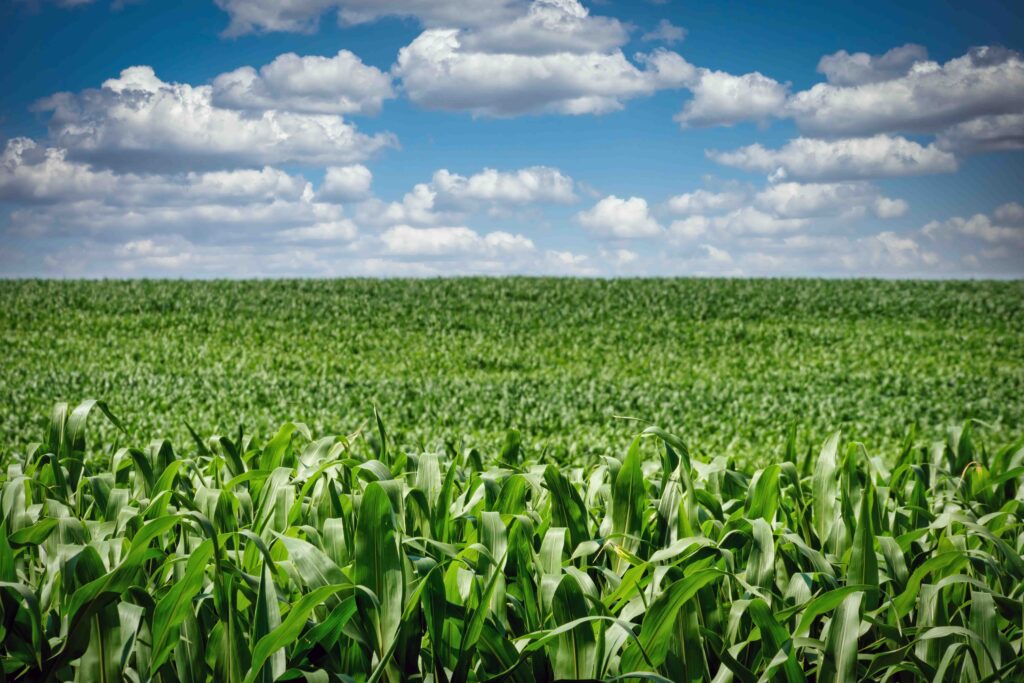Reviewer
Brenna Ellison, Professor, Purdue University
Article
A buzzword, a “win-win”, or a signal towards the future of agriculture? A critical analysis of regenerative agriculture by Kelly R. Wilson, Mary K. Hendrickson, and Robert L. Myers
Source
Wilson, K.R., Hendrickson, M.K. & Myers, R.L. A buzzword, a “win-win”, or a signal towards the future of agriculture? A critical analysis of regenerative agriculture. Agric Hum Values (2024). https://doi.org/10.1007/s10460-024-10603-1
Summary
In this article, the authors take a closer look at the term “regenerative agriculture”—both in terms of how it has been discussed in the literature and how different stakeholders along the supply chain view the term. Many argue that regenerative agriculture is just another buzzword—much like the term “sustainability” before it. While the authors agree that regenerative agriculture meets the criteria for being a buzzword (e.g., context-specific, ambiguous meaning across different groups, interpretive flexibility, reflecting public discourse on a topic), they contend that the connotation around buzzwords isn’t necessarily negative and that buzz can, in fact, have some positives as well.
One of the biggest critiques of buzzwords related to food and agriculture is that they are not well-defined or standardized. A key challenge with this is that it can be hard to differentiate your product to consumers if they do not know what it means. It can also lead to skepticism if consumers believe the term is a case of “greenwashing,” or trying to represent one’s practices as more green or sustainable than they really are.
However, standardization and regulation can also create problems. The authors detail the case of the standardization of the USDA Organic label as a cautionary tale. For organic, standardizing the term ultimately resulted in a split of producers: “Big Organic” producers (larger commercial operations) and “Little Organic” (smaller local producers). Ultimately, in developing the standards, Little Organic producers felt the regulations did not go far enough to promote what they viewed as organic agriculture. As a result, they argued that standardization actually watered down the term “organic.” In the authors’ interviews with different stakeholders, many expressed concerns that something similar could happen if regenerative agriculture adopted a standardized definition. Others were concerned that establishing a standard or certification for regenerative agriculture could lead to inequities, as certifications naturally create exclusion.
What does this mean for food and agricultural business?
Interest around the term regenerative agriculture is growing, but there is still much uncertainty among consumers—and sometimes even producers—about what the term means or should mean. For producers or agribusinesses that want to use the term in their communications with consumers, it is critical to be transparent about what regenerative agriculture means to their business. While there may be opportunities for standardizing how regenerative agriculture is defined, this may also have the unintended consequence of businesses only pushing themselves to meet the minimum bar to meet the standard or earn the certification, rather than striving for continuous improvements in production practices, which is at the heart of early movers in the regenerative agriculture space.





